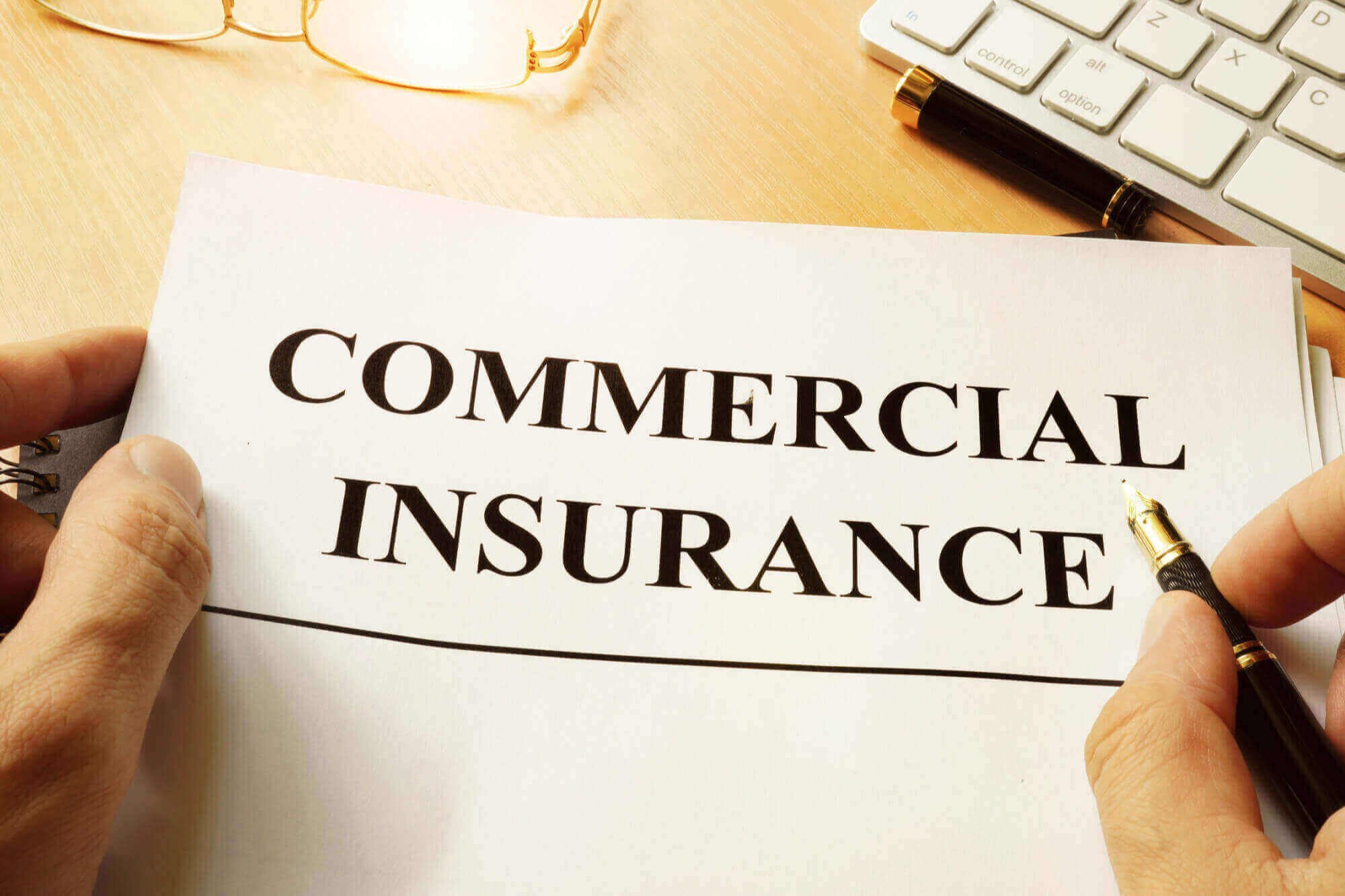5 Tips for Choosing the Right Insurance Coverage for Your Commercial Needs
July 23, 2025
Running a business comes with a variety of risks, from property damage to liability claims. Choosing the right insurance coverage is crucial to protect your commercial interests and ensure the continuity of your operations. This blog provides five essential tips for selecting the right insurance coverage for your commercial needs.
1. Assess Your Business Risks
Every business is unique, with its own set of risks and challenges. Start by conducting a thorough risk assessment to identify the specific threats your business might face. Consider factors such as:
• construction company faces different risks compared to a retail store.
• Location-based risks: The geographical location of your business can influence the types of risks you need to cover, such as natural disasters, crime rates, and local regulations.
• Operational risks: Evaluate risks related to your daily operations, including employee safety, equipment maintenance, and supply chain disruptions.
Understanding these risks will help you determine the types and amounts of coverage necessary to protect your business effectively.
2. Understand Different Types of Commercial Insurance
There are several types of commercial insurance policies available, each designed to cover specific aspects of your business. Some common types include:
• General Liability Insurance: Covers third-party claims for bodily injury, property damage, and advertising injuries.
• Commercial Property Insurance: Protects your business property, including buildings, equipment, and inventory, against damage or loss due to events like fire, theft, and natural disasters.
• Workers’ Compensation Insurance: Provides cov
erage for medical expenses and lost wages for employees injured on the job.
• Professional Liability Insurance: Also known as errors and omissions (E&O) insurance, this covers claims arising from professional mistakes or negligence.
• Business Interruption Insurance: Covers lost income and operating expenses if your business is temporarily unable to operate due to

a covered event.
Familiarize yourself with these and other relevant types of commercial insurance to ensure comprehensive coverage.
3. Compare Policies and Providers
Not all insurance policies are created equal, and neither are insurance providers. When choosing the right coverage for your business, it’s essential to compare different policies and providers to find the best fit. Consider the following factors:
• Coverage limits: Ensure the policy limits are sufficient to cover potential losses.
• Exclusions and limitations: Understand what is not covered by the policy to avoid surprises during a claim.
• Premiums and deductibles: Balance the cost of premiums with the affordability of deductibles in the event of a claim.
• Provider reputation: Research the financial stability and customer service reputation of potential insurance providers. Look for providers with strong ratings and positive reviews.
4. Customize Your Coverage
Your business is unique, and your insurance coverage should reflect that. Many insurance providers offer customizable policies that allow you to add specific coverages tailored to your business’s needs. Consider adding endorsements or riders to your policy to cover unique risks, such as:
• Cyber Liability Insurance: Protects against data breaches and cyber-attacks, which are increasingly common in today’s digital landscape.
• Product Liability Insurance: Covers claims related to defects in products you manufacture or sell.
• Commercial Auto Insurance: Provides coverage for vehicles used in your business operations.
• Employment Practices Liability Insurance (EPLI): Covers claims related to employment practices, such as wrongful termination, discrimination, and harassment.
Customizing your coverage ensures that you are protected against the unique risks your business faces.
5. Review and Update Your Coverage Regularly
Your business evolves over time, and so do your insurance needs. Regularly reviewing and updating your insurance coverage is crucial to ensure it remains adequate. Consider the following:
• Annual review: Conduct an annual review of your insurance policies to assess whether they still meet your needs.
• Major changes: Update your coverage whenever significant changes occur in your business, such as expansion, new product lines, or relocation.
• Consult with an expert: Work with an insurance advisor or broker who specializes in commercial insurance to get professional advice and ensure your coverage stays current.
Conclusion
Choosing the right insurance coverage for your commercial needs is vital to safeguard your business against unforeseen risks. By assessing your risks, understanding different types of commercial insurance, comparing policies and providers, customizing your coverage, and regularly reviewing your policies, you can ensure that your business is well-protected. Invest time and effort into selecting the right insurance coverage to secure your business’s future and achieve peace of mind.





